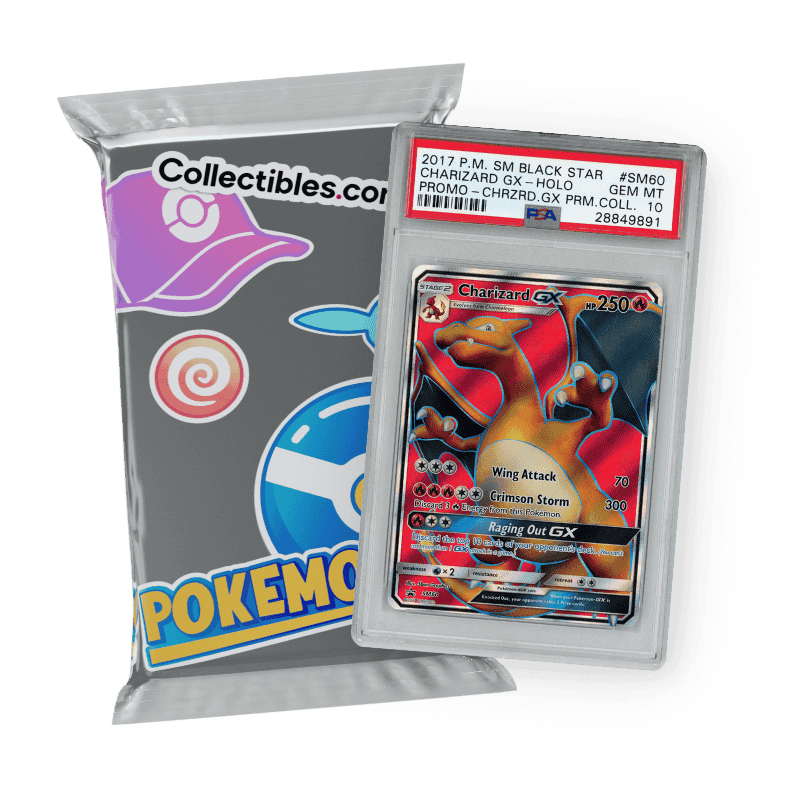
Law of Cards: Things “Somewhat Metaphysical” in Electronic Trading Card Case
The last time we checked on the Wildcat electronic trading card patent infringement action, I joked about the brewing battle over the definition of what an "electronic trading card" was.
That's ETC to all the cool kids.
Wildcat just filed its claim construction brief (quick legal translation: the brief tells the court how Wildcat believes the patent should be defined), and although it does not explicitly state that the issue is silly, it's pretty darn close:
The only difference between the parties’ proposals is in whether an "ETC," as recited in the claims, is an ETC if it is merely configured to be ("can be") collected and traded, or whether it must actually be ("is") collected and traded. The difference in the parties’ positions regarding this phrase may appear at first glance to the Court to be somewhat metaphysical and perhaps even trivial.
(Emphasis added.)
Legal translation: "Your honor, this is a dumb thing to argue over. We know it. Please don't yell at us. Yell at them. They're the ones that caused this fight."
Seriously, this fight is over whether an electronic trading card exists before it is collected or not. It does not seem "somewhat metaphysical." It is metaphysical.
Under this argument, all of those over-produced 1985 Topps Baseball cards don't exist because there are SO MANY that nobody collects them. Therefore, since they aren't collected, they aren't trading cards.
Truth be told, I have a big 'ol box of 1985 Topps (the first cards I actually bought en masse). In 1985. Now, I actually use them to help light fires. In fact, this weekend I'll be burning leaves and will start the fire with one of the MANY Vince Coleman rookie cards I have. So, technically, these 1985 cards aren't trading cards, they're kindling. Maybe the argument is right.
Anyway, my suggestion to the court: Get a bunch of philosophy majors to rule on this issue.
To be fair to Wildcat, this is a fight the defendants chose, which is odd because the defendants are (allegedly) trading card companies like Topps and Panini. I guess what they make and put into wrappers aren't trading cards. It's only after the wrapper is ripped that some type of highly technical, chemical or physical process occurs, transforming whatever was in the package into trading cards.
Now that'd be patentable.
I’m not just out to pick on the defendants here. Wildcat argues the court should define the word "authenticity" whereas the defendants, I think rightfully so, have informed the court this word does not need to be defined. Everyone knows what it means.
So, as you can see, both sides have silly positions.
My favorite argument, however, is over the word "runtime engine." Wildcat proposes it should be defined as "software comprising media handlers and display routines, a timing mechanism, display management software, and input handlers." The defendants say it should be "executable code that includes media handlers and display routines, a timing mechanism, display management software, and input handlers."
Legal translation: If you survived reading both of those sentences, you see that both sides agree on everything except whether a runtime engine is "software" or "executable code."
Who. Cares. Right?
Unfortunately, both sides have made it a big issue in one of the depositions in the case. As Wildcat recounts from its brief:
On October 18, 2012, Defendants took the deposition of Michael Glenn, the attorney who prosecuted the ’216 Patent. During the deposition, defendants asked Mr. Glenn to provide a definition for “runtime engine.” Mr. Glenn stated that he was not an expert and was not comfortable speculating on the definition, given how long it has been since the patent was prosecuted. (The issue date was over 11 years ago, on March 13, 2001; see Ex. A). However, when Defendants’ counsel pressed him, even going so far as to threaten to involve this Court, Mr. Glenn looked up an internet site on his smartphone to find a definition with which he was comfortable.
Imagine the scene. A conference room in a second-rate hotel. Although smoking hasn't been allowed for years, the room still smells like smoke. And feet. Why is it that most second-rate conference rooms smell like feet?
A long conference table divides the room in half. Fifteen defense attorneys sit on one side, two attorneys for the plaintiff sit on the other. At the end of the table sits the poor witness Mr. Michael Glenn, with a court reporter typing away everything that he says.
A defense attorneys asks, "Mr. Glenn, can you define runtime engine for me?"
Mr. Glenn: "Well, I'm an attorney, not an expert in this area, so really I'm not the guy that should be defining this term."
Defense Attorney: "Answer the question."
Mr. Glenn: "Uhh…"
Defense Attorney: "Do you want me to call your mom? I mean the court?"
Mr. Glenn: "Why?"
Defense Attorney: "You're hiding evidence. You're hiding the definition of runtime engine from us."
Mr. Glenn: "But, I'm an attorney, not a computer programmer."
Defense Attorney: "ANSWER THE QUESTION!!!"
Mr. Glenn: "Holy crap, dude. I don't know what it means offhand, but I guess if you want I can look it up on the Internet and provide you an answer."
Defense Attorney: "I want you to do that! I want you to get some additional charges on your data plan!"
Mr. Glenn: "Uh…OK."
Defense Attorney: "FASTER!!! My associate has already dialed the first six digits of the court's number…"
Mr. Glenn: "OK, here it is…"
Both sides read the definition.
Defense Attorney: "I don't like that answer. DO IT AGAIN!"
Ok, this is a little extreme, but I doubt it's that far out of the ballpark. I really hope someone files that testimony with the court so we can do a follow up article with a comparison.
Well, with Wildcat's filing, we know its position on all of the claim terms. The defendants' brief will be filed soon, and I can't wait for their arguments on ETC. In fact, on the day of filing, I'm going to wander on down to my local coffee shop with a copy of their brief, find the hairiest twenty-something there (who'll likely be a philosophy major), and have him translate it for me.
Metaphysical translation (in my best Yoda voice): Because, "Matter, it will not."
The information provided in Paul Lesko's "Law of Cards" column is not intended to be legal advice, but merely conveys general information related to legal issues commonly encountered in the sports industry. This information is not intended to create any legal relationship between Paul Lesko, the Simmons Browder Gianaris Angelides & Barnerd LLC or any attorney and the user. Neither the transmission nor receipt of these website materials will create an attorney-client relationship between the author and the readers.
The views expressed in the "Law of Cards" column are solely those of the author and are not affiliated with the Simmons Law Firm. You should not act or rely on any information in the "Law of Cards" column without seeking the advice of an attorney. The determination of whether you need legal services and your choice of a lawyer are very important matters that should not be based on websites or advertisements.
 | Making purchases through affiliate links can earn the site a commission |
































